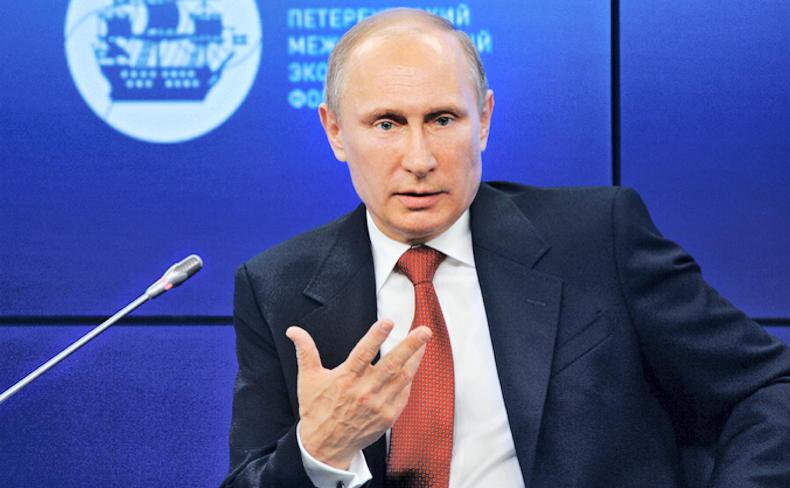Russia has introduced an export ban on ammonium nitrate (AN) for two months until 2 April providing renewed uncertainty for fertiliser supply and price.
The two-month ban comes into force from Wednesday 2 February. Speaking to TASS Russian News Agency first deputy prime minister Andrey Belousov said it is a temporary measure.
“The remaining volume can be exported from 2 April, when Russian companies will receive the ammonium nitrate in required volume and the demand for it on the domestic market will pass peak values”.
Ammonium nitrate is the main nitrogen fertiliser used in Russia.
Russia is the largest fertiliser exporter in the world. News of this ban follows Russia’s introduction of temporary export quotas from 1 December on nitrogen fertiliser of 5.9m tonnes in total for a period of six months. The quotas mainly impacted ammonium nitrate.
Russia is key exporter
Russia is the leading global producer and exporter of AN, accounting for 62% of global production and 45% of global exports in 2019 according to FAO data.
The removal of Russian supply from the market at this time may serve to harden prices just as the market had been easing.
AN prices out of the Baltic Sea were reported to be holding at higher levels last week on the back of fears that supply may be constrained.
Continued volatility
Market reports indicate that demand has picked up in the world urea market over the past week since news of India returning to the market emerged.
Urea in Egypt is currently trading at $725/t (€641/t) having dropped to a low of $620/t (€557/t) last week.
The Russian ban may mean the prospect of tighter fertiliser supply for Irish farmers and may support prices at current or higher levels.
Grassland Agro confirmed in recent weeks that they have about 35% less fertiliser imported compared to last year, according to Liam Woulfe.
However, analysts have also commented that at current gas prices, European manufacturers are making margins which bodes well for European production.
Volatility in gas prices and in fertiliser is likely to persist in the coming weeks given the heightened tensions between Russia and Ukraine.






 This is a subscriber-only article
This is a subscriber-only article









SHARING OPTIONS: